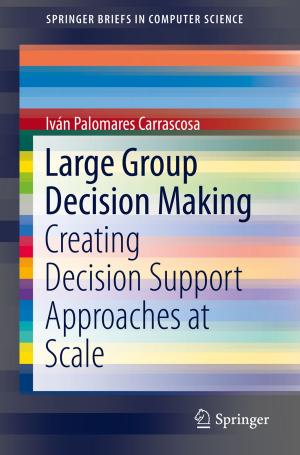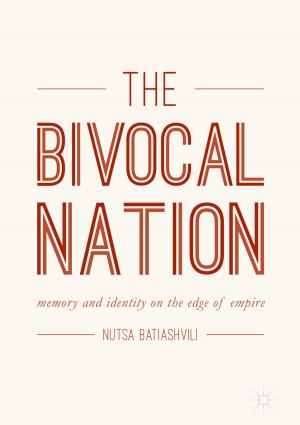Resolving the Gamer’s Dilemma
Examining the Moral and Psychological Differences between Virtual Murder and Virtual Paedophilia
Nonfiction, Health & Well Being, Psychology, Personality, Human Sexuality| Author: | Garry Young | ISBN: | 9783319465951 |
| Publisher: | Springer International Publishing | Publication: | November 15, 2016 |
| Imprint: | Palgrave Macmillan | Language: | English |
| Author: | Garry Young |
| ISBN: | 9783319465951 |
| Publisher: | Springer International Publishing |
| Publication: | November 15, 2016 |
| Imprint: | Palgrave Macmillan |
| Language: | English |
This book explores the gamer’s dilemma, which lies at the heart of theorising about the morality of certain video game content. The dilemma is as follows: given that gaming content involves virtual characters within a virtual environment, the moral permission of virtual murder would also appear to morally permit virtual paedophilia. Yet most gamers and members of wider society would not want to play, endorse, or find in any way morally acceptable the enactment of virtual paedophilia within a video game. Yet by accepting the moral permissibility of virtual murder they leave themselves vulnerable to having to accept the moral permissibility of virtual paedophilia.
This book provides an incredibly thorough and systematic analysis and evaluation of the gamer’s dilemma, by considering the origins of the intuitions around the dilemma, and exploring whether they find support from traditional or contemporary moral theory and psychological research. The book will be great interest to academics and students of philosophy and psychology, as well as members of the wider public interested in video game violence and taboo enactments more generally.
This book explores the gamer’s dilemma, which lies at the heart of theorising about the morality of certain video game content. The dilemma is as follows: given that gaming content involves virtual characters within a virtual environment, the moral permission of virtual murder would also appear to morally permit virtual paedophilia. Yet most gamers and members of wider society would not want to play, endorse, or find in any way morally acceptable the enactment of virtual paedophilia within a video game. Yet by accepting the moral permissibility of virtual murder they leave themselves vulnerable to having to accept the moral permissibility of virtual paedophilia.
This book provides an incredibly thorough and systematic analysis and evaluation of the gamer’s dilemma, by considering the origins of the intuitions around the dilemma, and exploring whether they find support from traditional or contemporary moral theory and psychological research. The book will be great interest to academics and students of philosophy and psychology, as well as members of the wider public interested in video game violence and taboo enactments more generally.















